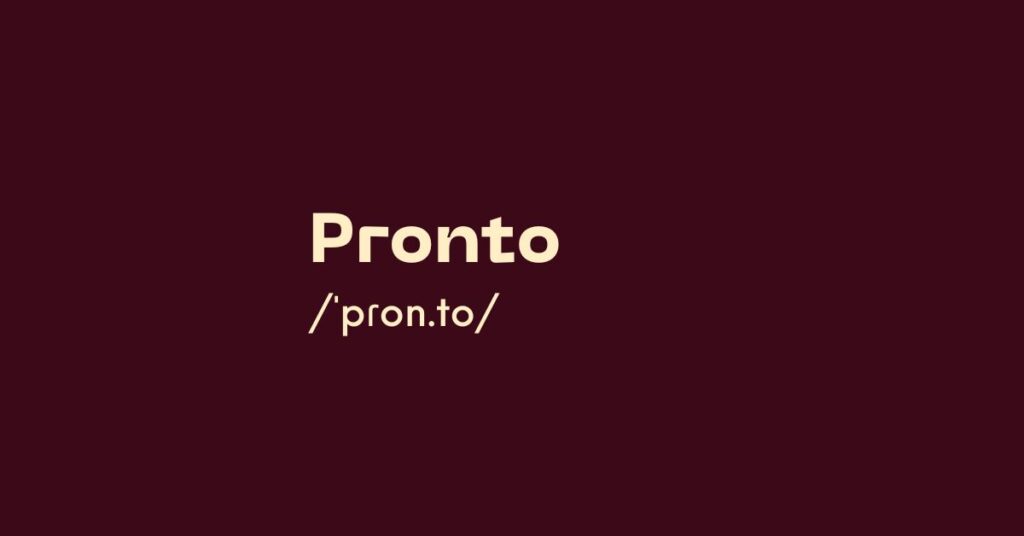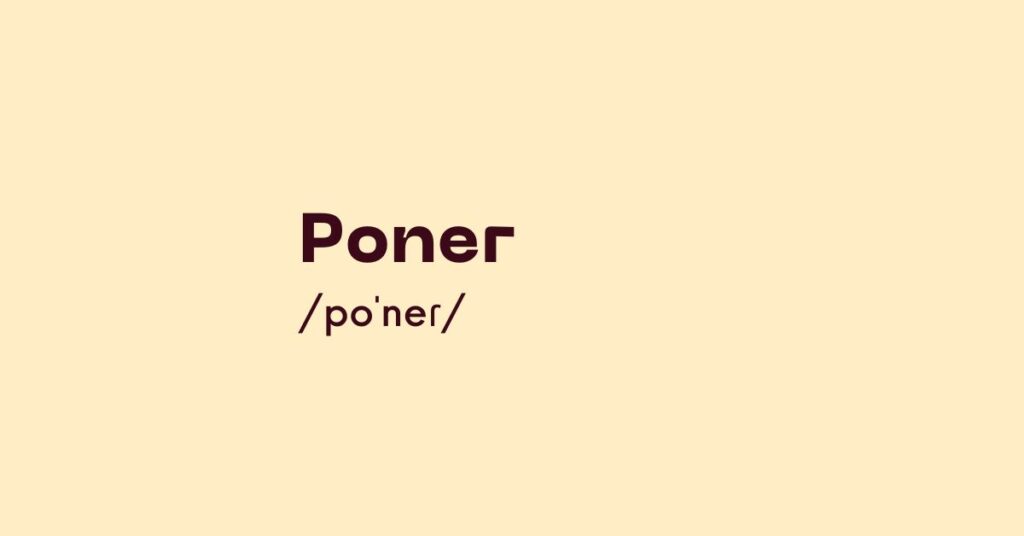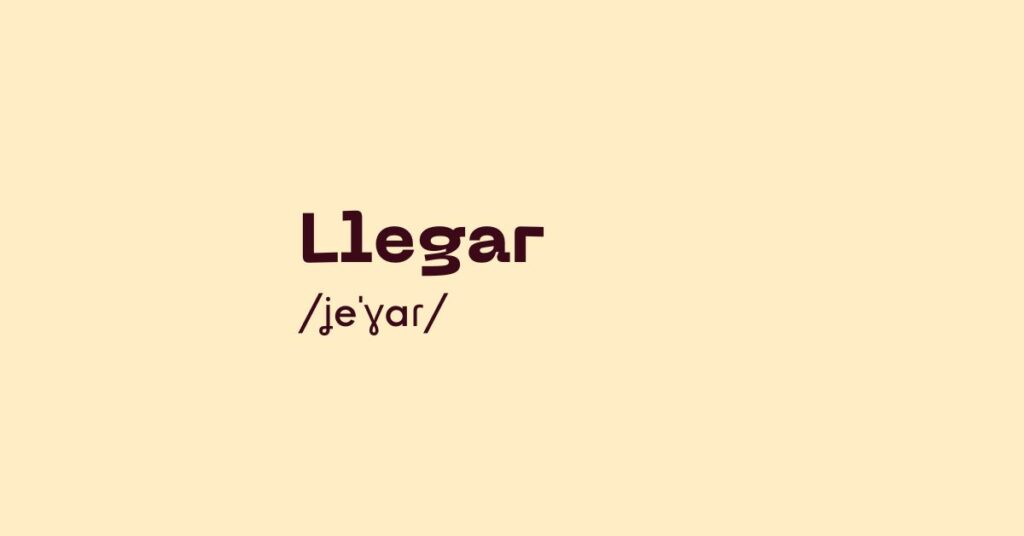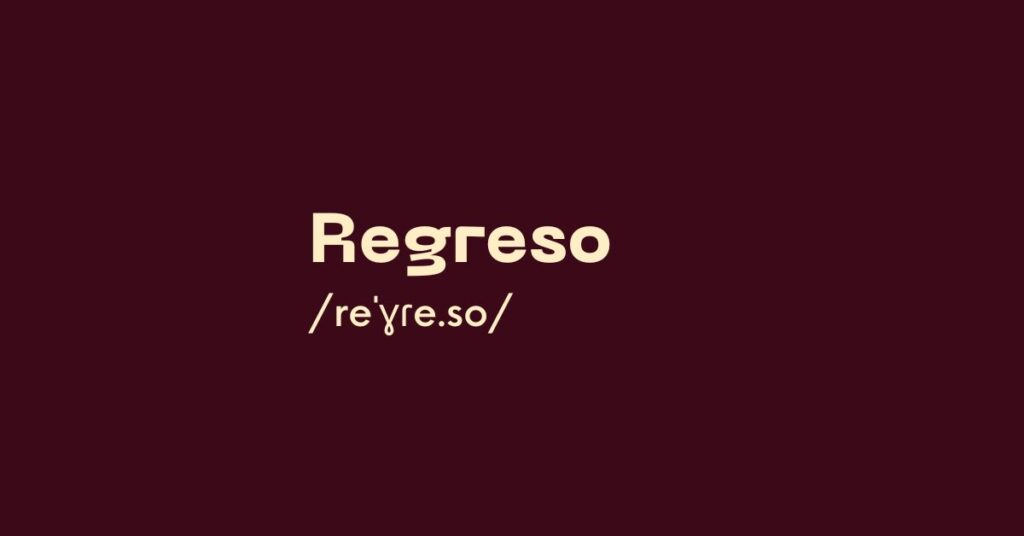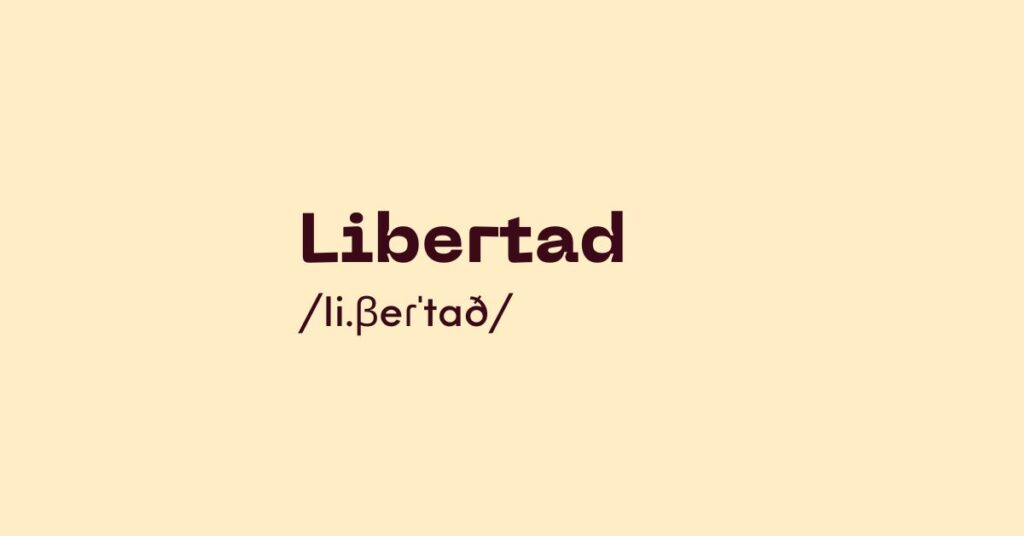Pronto
Today’s Spanish word of the day is “pronto”. It can be used as an adverb meaning “quickly”, “fast”, “soon” or “early”. It can also be used as an adjective meaning “quick” or “prompt”. The word “pronto” in also used in English, having entered the English language from Spanish in the 1800s. However, in Spanish it’s […]
